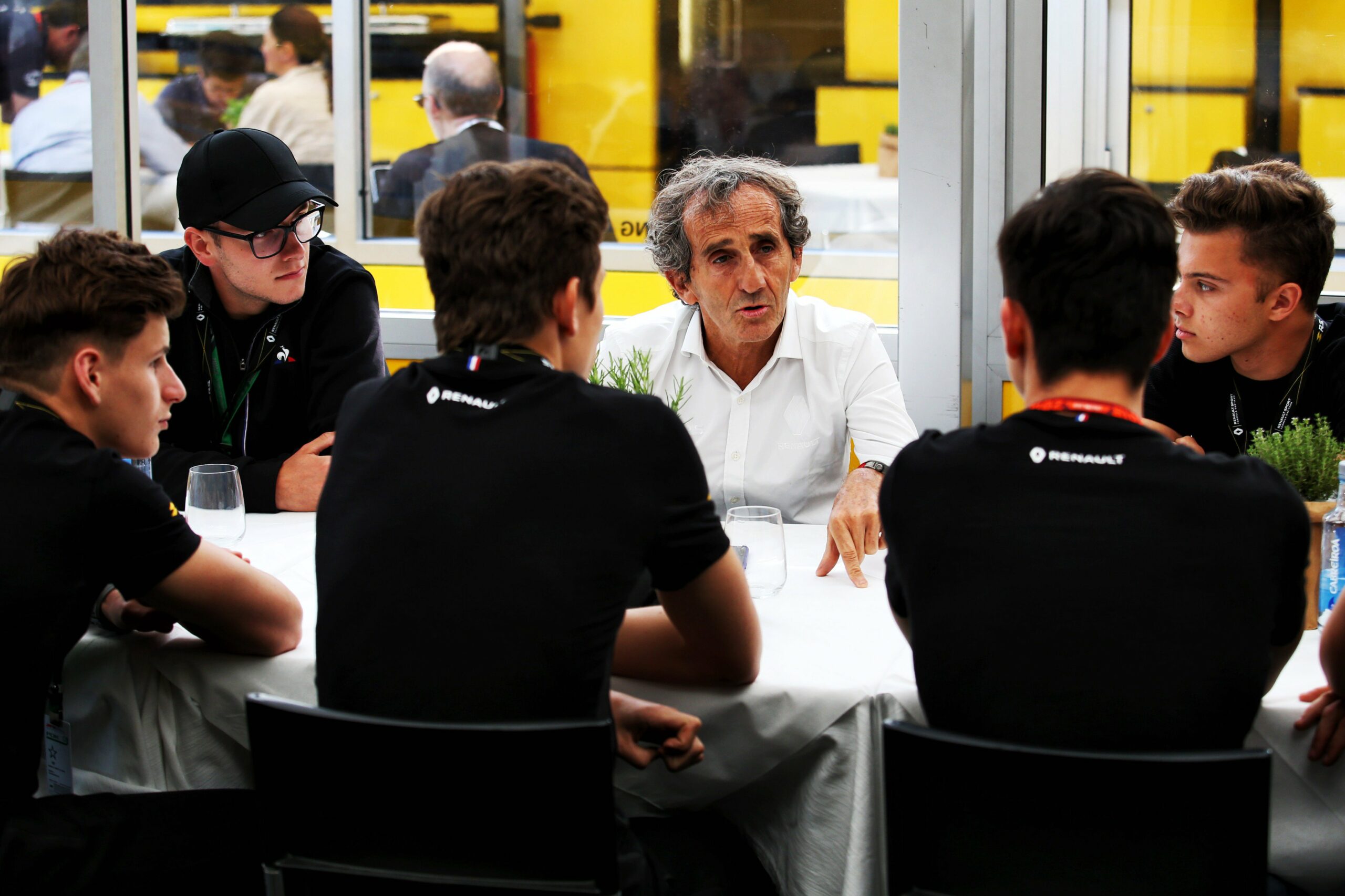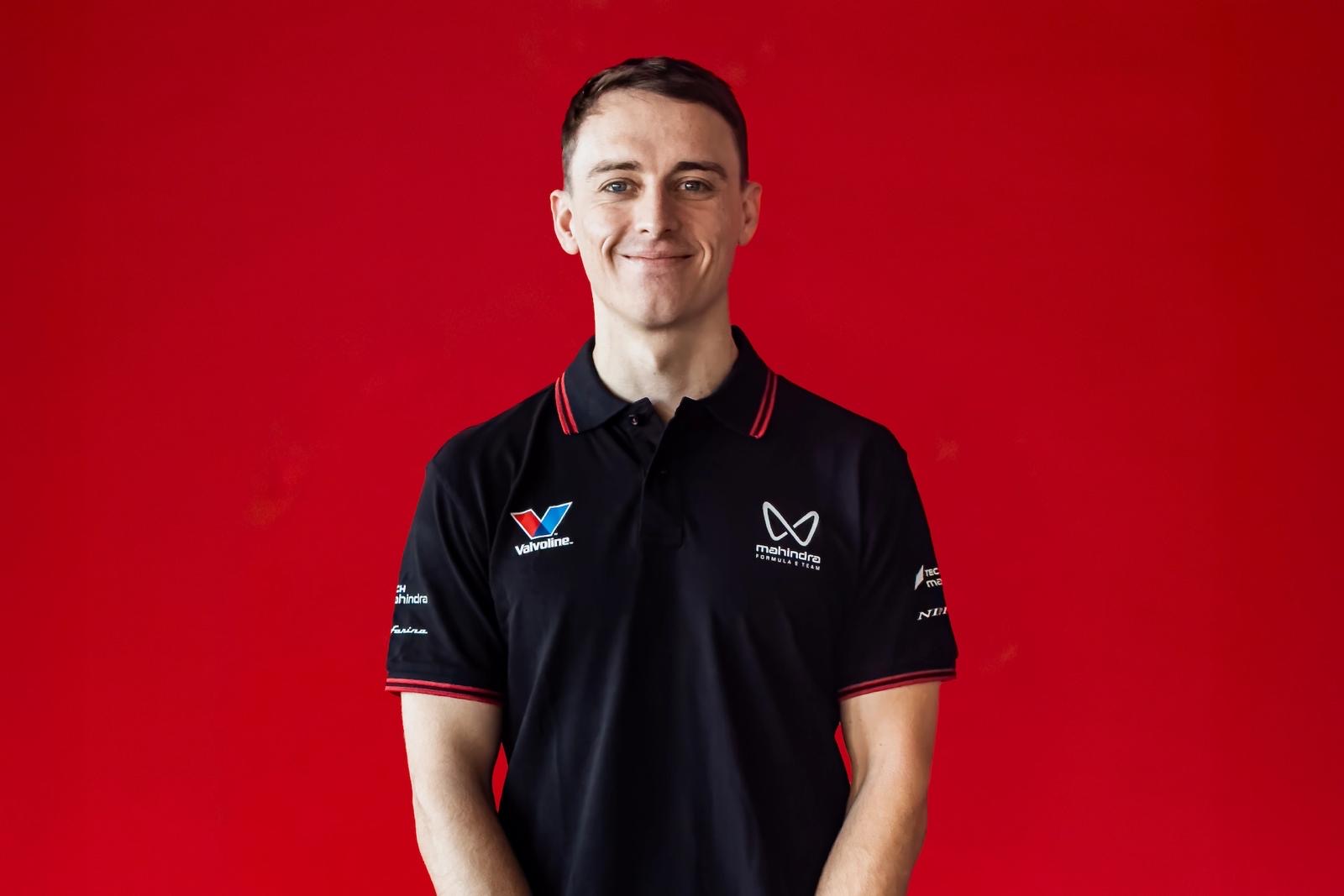Four-time F1 world champion and former advisor at Renault F1, Alain Prost said the recent mismanagement of the Alpine F1 team shows how “inept manager” and “incompetent” ex-CEO Laurent Rossi had to go. He also suggested how a successful management structure in F1 is nimbler than what the Enstone squad had applied recently.

Photo Credit: Alpine F1 Team
In the last two weeks, Alpine has let go of its CEO Laurent Rossi, team principal Otmar Szafnauer and long-serving Sporting Director Alan Permane, in a huge management shake-up that has left four-time F1 world champion Alain Prost “saddened and distressed” over the current situation at the French squad that he once drove for and was a special advisor until 2021.
Speaking to L’Equipe, Prost criticised Alpine’s complex management structure that relies on several key management figures making the decisions, leaving it vulnerable to reactive measures from the corporate side. He used the example of winning teams of the past only having “three or four” key staff and a driver behind success on-track:
“I love this team, and I am saddened and distressed to see it in its current state,” he said. “It deserves better and has everything it needs to succeed. I simply believe you need to rely on history to understand what went wrong.
“If you look at the great success stories from the last 30 years, you will see a simple structure – unlike an industrial organisation chart – built around three or four strong personalities, coupled with a winning driver.”
Prost also cited how arrogance from those in charge have resulted in the current situation, given F1 cannot be run like a “simple sport” from home as he has been suggested many times over his stay as Special Advisor of the Enstone squad:
“[The winning teams] knew the codes of F1, and had the necessary nimbleness and flexibility to let their people make the decisions,” he said.“Red Bull’s decision not to partner with Porsche actually stems from this refusal to yield to those overly heavy decisions from the board, from people who don’t know F1.
“In my years at Renault, how many times did I hear in the hallways of the headquarters in Boulogne-Billancourt that F1 was a simple sport that could be managed from home by the men in place.
“That was a huge mistake, as was proven with the last of the directors, Laurent Rossi, whom Luca de Meo let go a week ago.”
The 66-year-old blasted Laurent Rossi’s “incompetence” and “arrogance” as a manager during his time at Alpine, which he believes stopped the momentum the team had been building since it returned to F1 as Renault in 2016.
“Laurent Rossi is the best example of the Dunning-Kruger effect, that of an inept manager who thinks he can overcome his incompetence with his arrogance and his lack of humanity towards his people.
“He was Alpine’s boss for 18 months and thought he understood everything from the outset, yet that couldn’t be further from the truth. His management stopped the momentum the team had built since 2016, achieving these podiums and that win.”
The Frenchman hopes the seismic changes at the top echelons of the team will be a “salutary shock” to the squad and help it see that the correct management structure is centred around few key personnel and a star driver, like what the team had in 2005 and 2006 when it won two world titles with Fernando Alonso.
He also explained that often the board of directors doesn’t have the necessary know-how of how F1 works to make the right calls for a race team.
“Let’s hope the decision that was made on Friday, with other people being replaced, will be a salutary shock to the team,” he said. “When you look back at Renault’s success, you will find a man – Flavio Briatore – and a legendary driver – Fernando Alonso – supported by a management team [Patrick Faure, Louis Schweitzer] who, at the time, implemented this philosophy of quick decision-making by specialists.
“It is amusing to see that F1 directors are often invited to conferences on management by major companies to speak about reactivity and flexibility. It rarely is the other way round…[of company managers being invited to speak about F1].”





